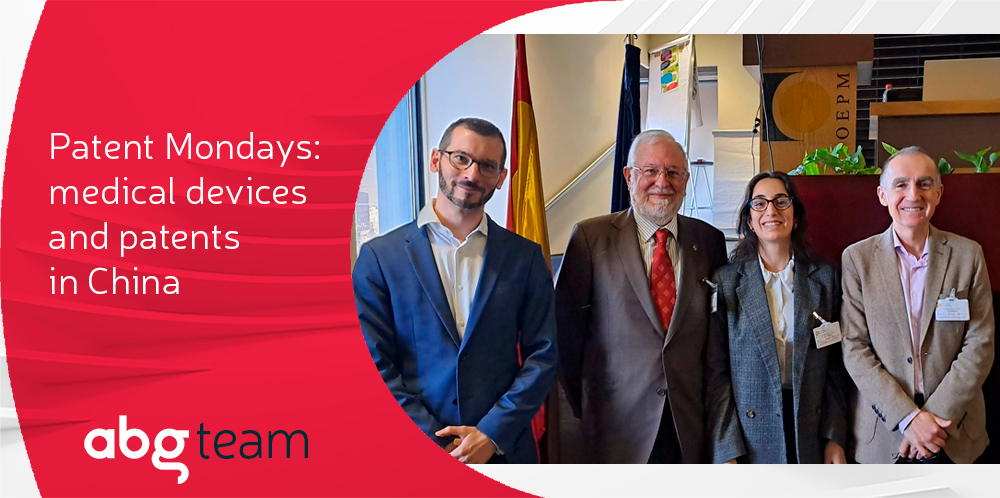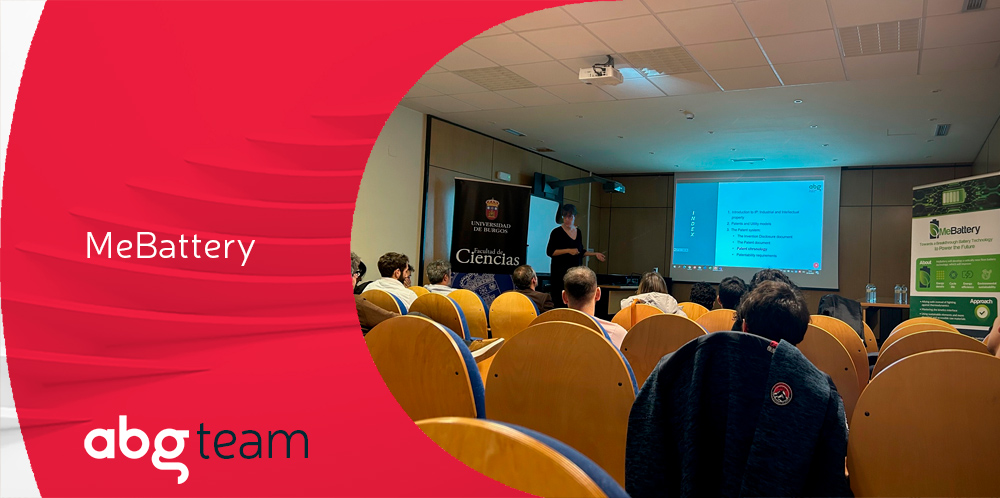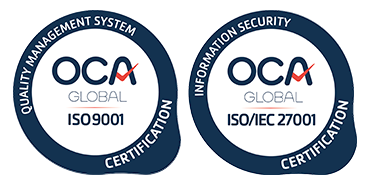On 1 April 2017, the new Spanish Patent Law 24/2015, approved in July 2015, will enter into force replacing the currently applicable Law 11/1986. This new law intends to update Spanish patent law to adapt it to international standards and, in particular, to bring it further into line with European legislation.
Since the current law was approved in 1986, several agreements have been signed on #intellectualproperty:
- the Agreement on Trade-Related Aspects of Intellectual Property Rights (TRIPS),
- the Patent Law Treaty (PLT)
- creation of Supplementary Protection Certificates (SPCs) for medicines and phytosanitary products,
All of theme made the renovation of the current patent system in Spain necessary.
Substantive examination: the biggest change in the new Spanish Patent Law
Among the main changes incorporated in this new Law, the most notable aspect is the establishment of a single grant procedure for patent applications, which requires a substantive examination to be carried out, among other to assess novelty and inventive step.
Thus, the currently available option allowing for a general grant procedure (registration procedure without examination), irrespective of compliance with patentability requirements, does no longer apply. The aim is to establish a more robust patent system that avoids unjustified monopolies.
Other important changes introduced by this new Law are summarized below:
Fees for public universities
The exemption of fees for public universities is eliminated, although these will have a 50% bonus in the amount of the fees paid to obtain and maintain Industrial Property rights, which can further be 100% provided that they prove that the invention is being exploited.
A 50% reduction in application filing, search report and examination fees, as well as in the first three annuities, is established for individuals and SMEs who certify the status of entrepreneurs.
Search Report
The Search Report must be requested at the time of filing the patent application. This entails an increase in the initial cost of the patent application; however, it is to be expected that the search report and the written opinion on patentability will be issued in advance (before 12 months), thus allowing a more objective assessment on the convenience of extending the application to other countries within the priority year.
Novelty evaluation
For the evaluation of the novelty requirement, European applications designating Spain, as well as PCT applications that have entered into national phase in Spain, whose filing date is prior to the filing of the patent application and have been published in Spanish on or after that date, are also considered as prior art documents.
Medical use patents
In relation to medical use patents, the amendments adopted in the Revision of the European Patent Convention made in 2000, which entered into force in 2007, by allowing the patentability of substances or compositions already known for use as a medicament or for new therapeutic indications are also incorporated in the new Law. Therefore, the wording of second medical use claims in Swiss-type form does no longer apply.
Opposition
Opposition prior to grant is replaced by a post-grant procedure comparable to that of the European system, with the difference that this opposition will have to be submitted within six months, instead of the nine-month period applicable at the European patent office.
Partial nullity
The declaration of partial nullity of a claim will be allowed. Furthermore, the patentee may limit the patent by modifying the claims, or even revoke it in its entirety. The revocation or limitation procedure at the request of the owner of the patent may be initiated at any time during the validity of the patent and will be retroactive as in the case of total or partial nullity.
Utility models
As regards utility models, the scope of protection is extended to any product or composition (including chemicals) with the exception of biological material and pharmaceutical substances and compositions.
This will counteract, to a certain extent, the impact of substantive examination in the case of patents, thus facilitating product and composition protection through a procedure that does not require examination, although conferring more limited protection over time (10 years).
Also in relation to utility models, another change incorporated in the new Law is the state of the art with reference to which novelty must be assessed, which is now not restricted only to disclosures in Spain, but the novelty requirement will be the same as that required for a patent (absolute novelty). In addition, the exercise of defensive actions under the rights conferred by a utility model title is conditional to prior obtaining of a Search Report directed to the object of said title.
Supplementary Protection Certificates
Supplementary Protection Certificates (SPCs) are expressly included among the protection titles.
Transitional provision of the new Spanish Patent Law
On the other hand, in accordance with the first transitional provision of this new Law, administrative procedures initiated prior to its entry into force will be processed and decided in accordance with the legal regulations in force on the date of submission of applications.
Under this provision, and for practical purposes, patent applications submitted prior to the entry into force of the new Law can still be processed following the above mentioned general procedure of grant (no substantive examination required), and the Search Report can still be requested after filing the patent application (as opposed to at the time of filing). In addition, currently applicable fee exemptions will continue to be applied for public universities.
Therefore, and in anticipation of an eventual buildup of Spanish patent applications to be filed prior to 1 April, 2017, please let us know well in advance if you wish to submit a Spanish patent application so that we can guarantee its filing before the aforementioned date.
The text of the law can be found here: http://www.boe.es/boe/dias/2015/07/25/pdfs/BOE-A-2015-8328.pdf









